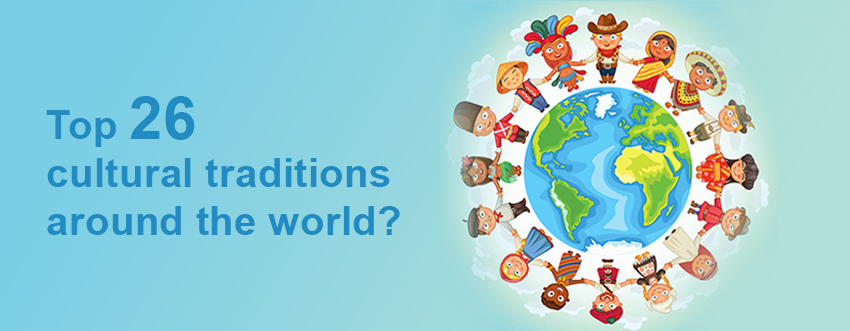Cultural Etiquette and Customs: A Guide to Navigating Different Countries
When traveling to different countries, it is essential to be mindful of cultural etiquette and customs. Understanding and respecting local traditions will not only enhance your travel experience but also ensure that you don’t unintentionally offend the locals. In this guide, we will explore various countries’ unique customs, helping you navigate through unfamiliar territories with ease.
1. Japan:
Japan is known for its rich cultural heritage and strict social norms. Bowing is an integral part of Japanese culture, so remember to bow slightly when greeting someone. When visiting a home or traditional establishment, take off your shoes before entering as a sign of respect. Also, avoid pointing at people or objects using your index finger; instead, use an open hand gesture.
2. India:
India’s diversity offers a plethora of customs depending on the region you visit. However, some general etiquette rules apply throughout the country. It is customary to greet others by saying “Namaste” with hands pressed together in front of your chest while bowing slightly. When visiting temples or religious sites, dress modestly and remove your footwear before entering.
3. Brazil:
Brazilian culture is vibrant and lively, but it also has specific customs worth noting when visiting this South American gem. Brazilians are known for their warm hospitality and love for physical contact; expect hugs and kisses on both cheeks when meeting someone new or saying goodbye. Additionally, tipping around 10% – 15% in restaurants is customary.
4. France:
France exudes elegance and sophistication while deeply valuing politeness and formality in interactions.
When greeting someone in France, a simple handshake accompanied by “Bonjour” (Good day) suffices unless they offer their cheek for a kiss – one on each side if required! Keep in mind that French people appreciate punctuality; arriving late can be seen as disrespectful.
5.China:
China’s rich history and traditions have shaped its cultural customs. The concept of “face” is crucial in Chinese culture, meaning maintaining dignity and avoiding embarrassment. Avoid criticizing or openly disagreeing with someone, especially in public settings. When dining, it is polite to leave a small amount of food on your plate as an indication that you are satisfied.
6. United Arab Emirates:
The UAE is a melting pot of cultures, but it has strong Islamic influences that shape its customs and etiquette. Modesty is highly valued here; dress conservatively and avoid showing too much skin. Public displays of affection should be limited to maintain cultural sensitivity.
7. Italy:
Italy is famous for its warm hospitality and love for food.
When entering an Italian home, it’s customary to bring a small gift such as wine or flowers for the host. Italians take their meals seriously, so avoid asking for substitutions or modifications when dining out unless there are dietary restrictions.
8.Thailand:
Thailand’s friendly locals will make you feel at ease while exploring their vibrant country.
To show respect in Thailand, avoid touching someone’s head (considered sacred), pointing your feet at others or Buddha statues, and using excessive hand gestures while speaking.
9.Australia:
Australia may seem familiar due to its Western influence; however, some unique customs exist Down Under.
Australians value informality and appreciate directness in communication. Address people by their first name upon introduction unless they specify otherwise.
10.Mexico:
Mexican culture embraces warmth and friendliness.
When meeting someone new in Mexico, a firm handshake accompanied by direct eye contact shows respect. Mexicans also have a relaxed attitude towards timekeeping – expect events to start fashionably late!
11.South Korea:
South Korean culture places great importance on respect for elders and hierarchical relationships.
Use both hands when giving or receiving objects to show respect to older individuals. It is considered impolite to address someone older by their first name unless given permission to do so.
12.Greece:
Greek culture is known for its rich history and strong sense of community.
When invited to a Greek home, it’s customary to bring a small gift such as wine or pastries. Greeks also appreciate engaging in lively conversations and love sharing food, so be prepared for generous portions at mealtimes.
In conclusion, adapting to cultural etiquette and customs when traveling is crucial for fostering positive interactions with locals. By showing respect and understanding local traditions, you will not only create memorable experiences but also leave a lasting impression on the communities you visit. Remember, immersing yourself in different cultures is an enriching part of travel – embrace it wholeheartedly!

Leave a comment